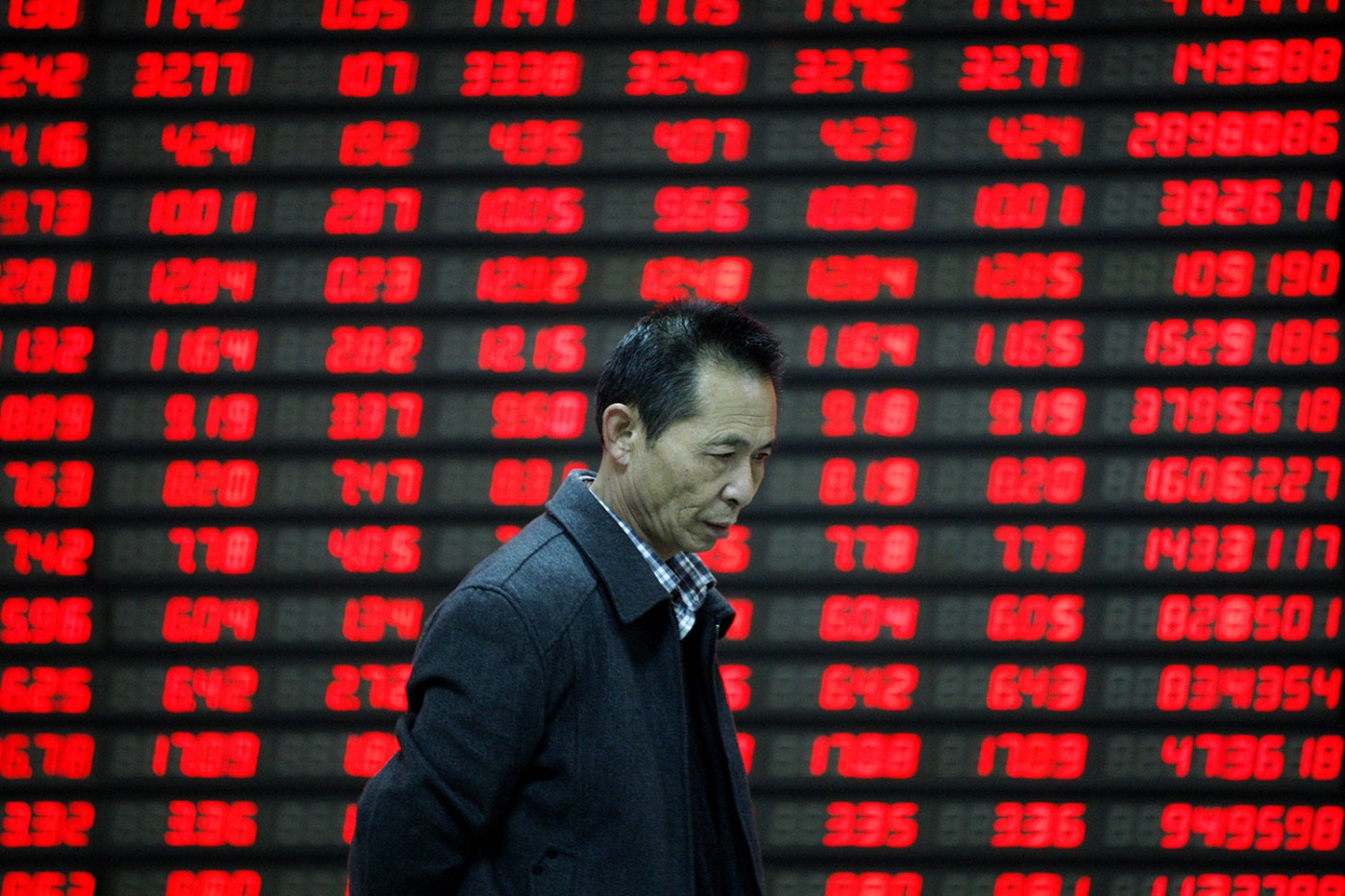Asia’s Individual Investors Worry About Volatility, a Slow Economic Recovery and Inflation Ahead
Individual investors in Asia are mostly concerned about volatility, a slow economic recovery, inflation and low interest rates as they look ahead at the macro-economic themes set to shape investment trends in 2021, reveals the annual Natixis Investment Managers’ global survey of individual investors.
Investors in Asia still feel an emotional toll. Although seven in ten said that they feel fortunate, almost six in ten said they are stressed about their financial security—as many as seven in ten in Korea—compared to 49 per cent globally. Half of those in Asia also say they are fearful, rather than confident, and vulnerable financially versus four in ten globally.
Clear lockdown policies in Asia combined with mask-wearing practices established during past outbreaks may have helped to mitigate the health risks in the region, but a significant number of investors say that the pandemic has presented them with financial challenges.
Whilst individuals surveyed in Asia are reporting average investment returns of 12.4 per cent above inflation, which compares to the global average of 12.5 per cent, that does not provide a complete picture on their finances. Almost one in five Asian investors said they experienced a setback to their financial security as a result of the pandemic. Overall, one-third of Asian investors lost household income during the pandemic.
While they may have experienced the financial impact of the Covid-19 pandemic, investors in Asia reported the lowest infection rates of all: less than 2 per cent report they, or a member of their household came down with Covid-19. In China, the results are even more dramatic at 0.5 per cent and 0.3 per cent respectively, compared to 7 per cent and 10 per cent in Europe.
Looking at markets in 2021, volatility (46.6 per cent) and a slow economic recovery (42.6 per cent) are top-of-mind risk factors for Asian investors, versus the global response of 39.7 per cent and 38.9 per cent respectively. Inflation (29.9 per cent) and low interest rates (26.5 per cent) also factor into their outlook, similar to globally at 30.9 per cent and 26.8 per cent respectively. After record public spending efforts to moderate the economic impact of Covid-19, global investors seem to understand that somewhere down the road, somebody will have to pick up the tab as about one-quarter say they also see potential tax increases as a looming risk compared to only 14.4 per cent in Asia.
Just as the Covid-19 experience differed widely from region to region, risk perceptions vary widely from country to country. Volatility may be the top risk concern overall in Asia, but more than half of investors in China are worried about the prospects of frothier markets and almost as many (51 per cent) are worried about inflation. Concerns for a slow economic recovery run deepest in Singapore at 54 per cent compared to 39 per cent globally.
Along with these issues, individuals also learned some important investment lessons. Thirty-three percent of Asian investors cited the need to avoid emotional investment decisions versus 29 per cent globally as a key learning from the past year.
Given that the pandemic produced both the swiftest market downturn and the swiftest recovery on record, investors could have learned the lesson one of two ways: those who panicked early and pulled assets may have paid the price by missing out on the double-digit returns, while those who stayed put may have been rewarded for their patience.
Twenty-four percent of global investors reported that the pandemic demonstrated that they need to better understand risk in their portfolios. Given investor desire for safety and distaste for market turbulence, the sudden spikes in volatility seen in March 2020 may have delivered a hands-on learning experience. These lessons resonated most strongly with Asian investors in Singapore (41 per cent), Taiwan (40 per cent), China (36 per cent), Thailand (35 per cent) and Hong Kong (33 per cent).
Given their success in 2020, it is no surprise that 34 per cent of Asia’s respondents, versus 40 per cent globally, said they have made no changes to their portfolios as a result of the Covid-19 pandemic. But that also means two-thirds of investors in Asia made at least minor changes to their investments.
Coming out of the pandemic and into recovery, Asia’s investors see big opportunities to grow their assets and their optimism extends well beyond the reopening of economies around the world in 2021, to anticipate even greater results in the years ahead.
“The challenge for many in Asia will be to ensure that they do not let emotions, up or down, get the better of them. It will mean taking a hard look at the results they can realistically hope to achieve and rationalizing those expectations with genuine tolerance for risk, overcoming their fears and ultimately making the critical lessons they have learnt stick,” said Fabrice Chemouny, Head of Asia Pacific, Natixis Investment Managers.


